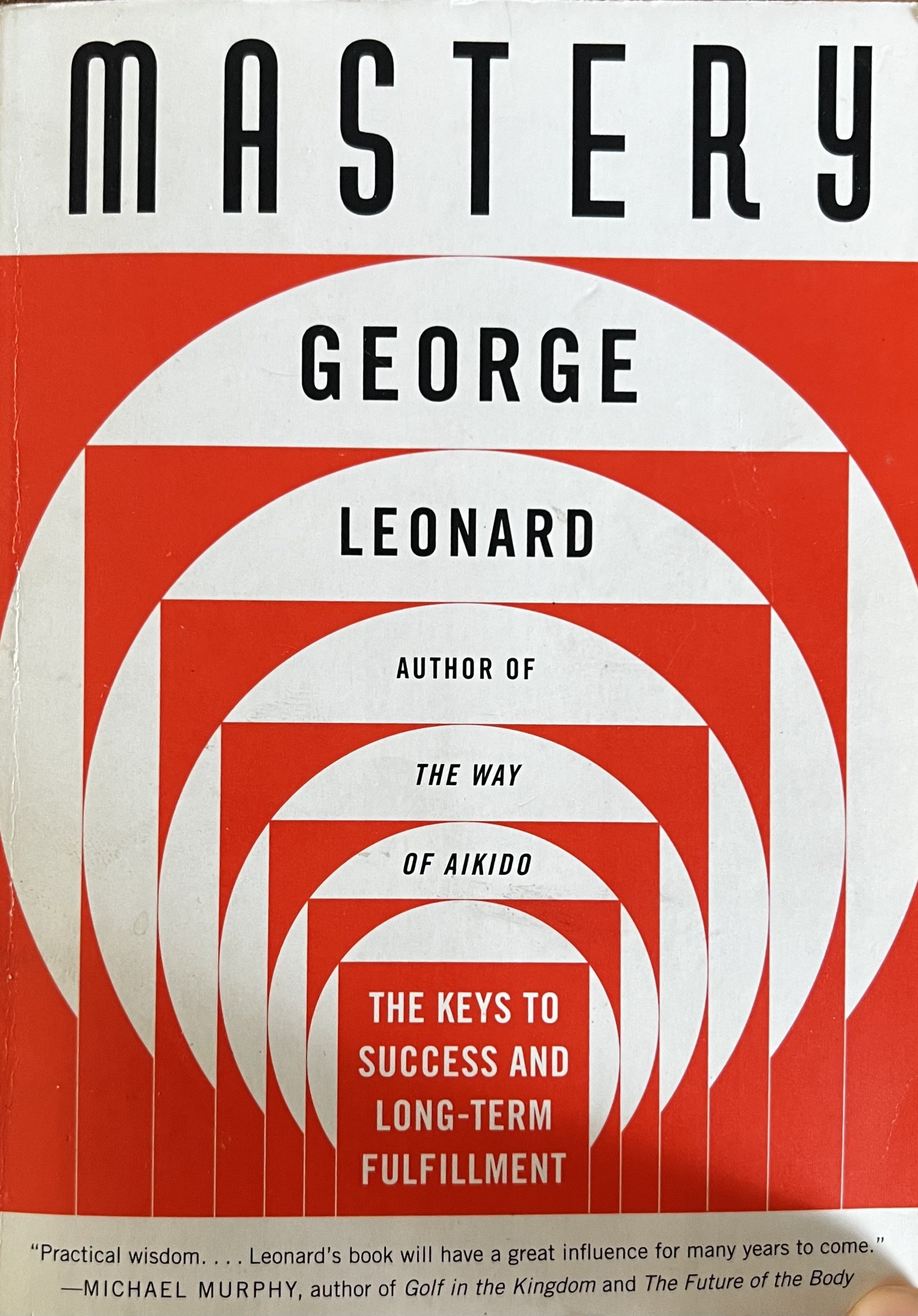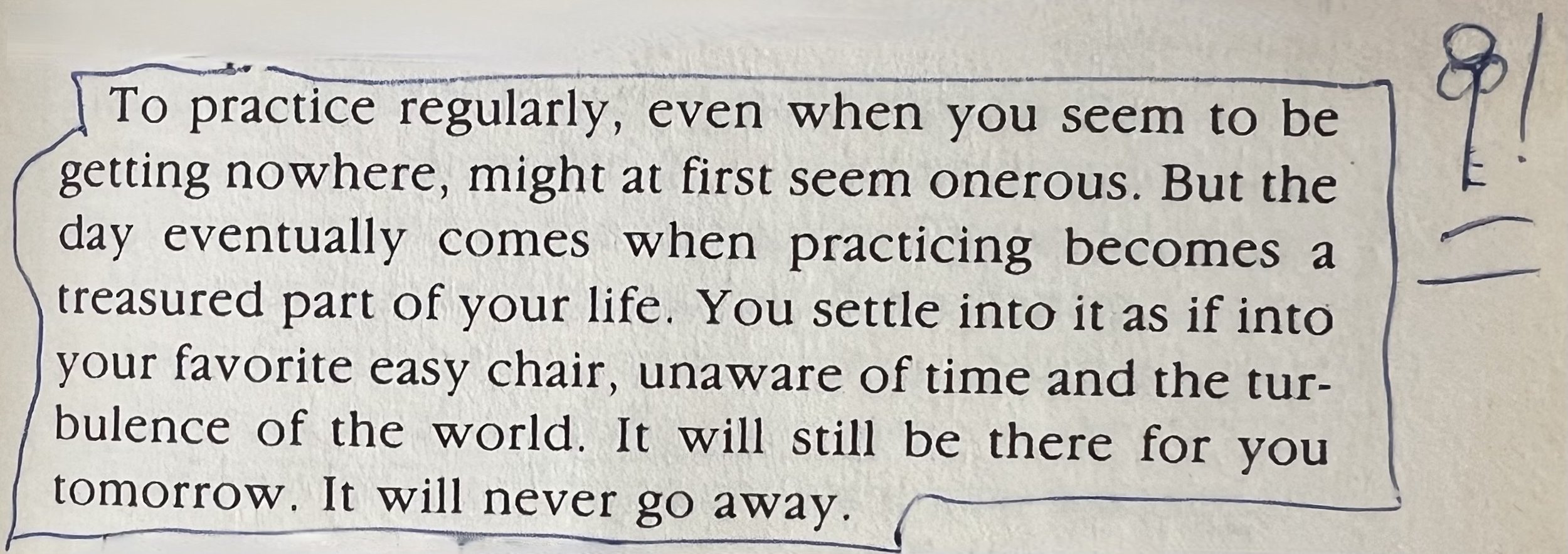Mastery:
The keys to success and long term fulfillment
In a world where we are continually bombarded with promises of immediate gratification, instant success, and fast temporary relief, all of which lead in exactly the wrong direction, it can seem as though the modern world can be viewed as a prodigious conspiracy against the attainment of mastery.
But we do not have to give up hope. The insightful path to the attainment of mastery has been well travelled for millennia, and is there for the committed traveller to walk.
Mastery by George Leonard is a book about the process of achieving mastery in any field, whether it's art, sports, or personal development. Leonard emphasizes that mastery is not about quick success or shortcuts but a lifelong journey of continuous improvement.
George Leonard, an Aikido Sensei (instructor), navy pilot describes mastery as:
“…the mysterious process during which what is at first difficult becomes progressively easier and more pleasurable through practice… ”
This book is on my ‘Syllabus for Life’ - as it helps one on their path toward the insights that enable their thriving.
Some of the many key takeaways are:
The Mastery Curve: Leonard describes the learning process as gradual incline, intersected with short sharp rises, and longer plateaus. Mastery, Leonard maintains, isn’t about constant progress—it’s about persistence, especially during times when improvement seems slow or stagnant. These plateaus are a natural part of the learning process and should be embraced rather than avoided.
Five Keys to Mastery:
Instruction: If you are to walk the path of mastery, you must, as much as possible, do so as a learner. Learn from experts and mentors who can guide and teach you the fundamentals. But go, not to be taught, but consciously to LEARN.
“Do not think that this is all there is. More and more wonderful teachings exist - the sword is unfathomable.”
Practice: Consistent, deliberate practice is essential. It’s not about practicing for the sake of practicing, but about how you approach practice, until you can see that there is joy in the striving for improvement each time you practice.
Leonard : 1991:79
Surrender: This is one of the most difficult for many - as it is about letting go of ego and impatience. You must accept that mastery takes time, and if you are concentrating on the goal, rather than the journey, you will fall behind. Mastery requires a humble mindset.
Leonard : 1991:88
Intentionality: Developing one’s ability to visualise, to use one’s willpower to visualise the potential mastery in order to build confidence and overcome doubt. Intentionality enables the student to ‘feel’ the possible, and get out of their own way (mentally) to make it happen.
Leonard : 1991:96
The Edge: Once you have learned the basics, mastery requires you to expand your comfort zones. You must be moving outside of the known, and pushing yourself to the limit. This comes with risk, but mastery is about the preparation prior to the risk.
Leonard : 1991:101
Mastery is not easy to gain. (If it were, many more would be considered masters). However, if you can find the passion in whatever your art form is, be it management, leadership, tennis, Aikido, or painting, mastery awaits you.
A Lifestyle of Mastery: Leonard describes mastery as a way of life rather than a goal. It’s about developing habits, mindsets, and practices that help you grow continually and experience personal transformation.Overall, Mastery is about embracing the journey rather than focusing on the end result. It’s a book that encourages persistence, patience, and passion for continuous self-improvement.
There is, across this book, the exploration of a very real juxtaposition - that being that the ‘efforting’ to attain mastery is both required and an obstacle to the acquisition of mastery. You must not loose sight of the end goal, but you must not attach to it either.
Leonard : 1911:141
Mastery: The keys to success and long-term fulfillment, George Leonard, 1991, Plume Books (Published by the Penguin Group)







